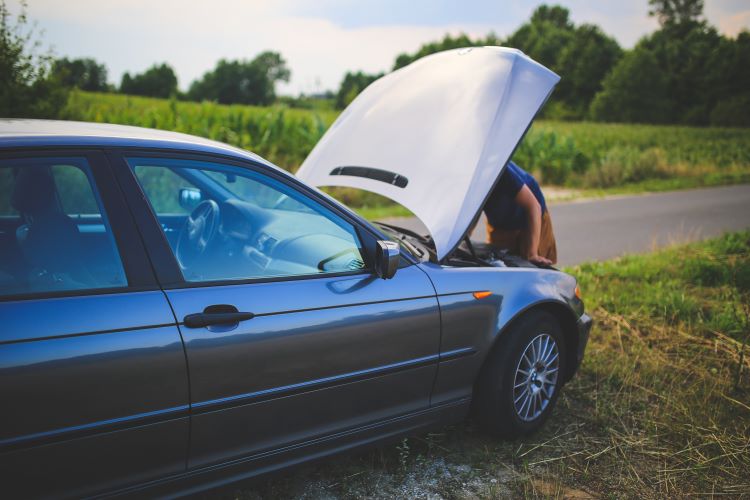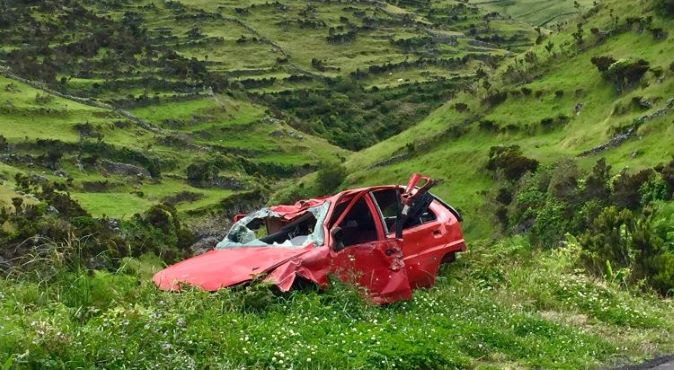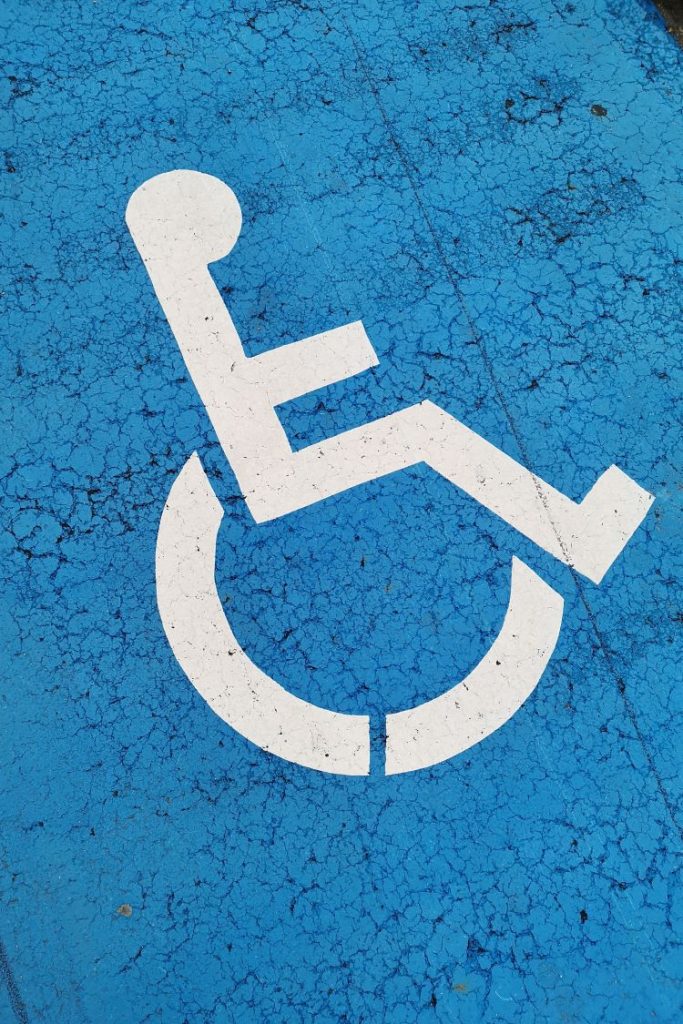Car accidents are unfortunately increasingly common. This is because there are more cars on the road, more large trucks, and also more distracted drivers because of the use of mobile devices behind the wheel. Distracted drivers can’t react quickly, meaning driving is risky for everyone.
In serious accidents or even minor accidents, it’s possible to sustain injuries that can have an ongoing impact on your life.
People often wonder what they would do if they were to be injured in an accident and not be able to work as a result. That would mean lost wages, and perhaps a lost job.
What should you know and what should you do if you’re injured in an accident and can’t go to work as a result?
First, you should be aware that regardless of your employment status—for example, whether it’s full- or part-time, you may have a legal claim to recover lost wages and missed earning opportunities.
You may be eligible for not just lost wages due to the days you miss work, but missed overtime opportunities, the use of vacation and sick days that you take to avoid unpaid time off and bonuses. You may also be able to recover money you would have made from meetings or special projects, and non-monetary benefits you missed while you weren’t working.

Florida Laws
Every state is going to have its own set of laws regarding car insurance and car accident claims.
In Florida, for example, it’s a no-fault car insurance state. That means following a car accident, you will usually need to file a claim under your personal injury protection coverage, and this is what will allow you to get compensation for medical bills and any other associated financial losses. It doesn’t matter who caused the crash, but this isn’t the same standard in every state.
In certain cases, if there are prerequisites that are met, you may be able to bring a claim against the at-fault driver directly.
If the other driver was entirely at-fault for a car accident you were involved in, the other drivers’ insurance company will compensate you for medical bills, lost wages and any other losses. If you were partly at fault, it could become more complicated in Florida.
Usually, the plaintiff is awarded damages that are a percentage equal to his or her share of the fault in the accident. This is called a comparative fault rule, but most states follow a modified comparative fault rule, which means the plaintiff can only receive damages if his or her fault was 50% or less.
Outside of Florida, if you can’t work after an accident, there are certain types of insurance coverage plans that will compensate you for lost earning opportunities.
One is liability bodily injury coverage, which is coverage that kicks in if your accident was the result of another driver’s negligence.
There’s uninsured motorist coverage if you’re in an accident with another driver who has no insurance or isn’t adequately covered.
Then, as is the case in Florida, you may receive coverage under personal injury protection. This will pay for injuries and lost wages up to the limits of the policy.

What Will You Need to Get Compensation?
If you think you could be eligible to be reimbursed for lost wages or earnings, there are some things you’ll usually need to show as proof.
First, you’ll need a report from your doctor that shows you aren’t able to work as a direct result of your injuries. An adequate doctor’s report should show the details of your injuries and how long it kept you from getting paid. It should also show prescriptions, medical bills, and treatments required as a result of your injuries.
Some insurance companies will have a specific report your doctor needs to fill out. You’ll probably also need a report from your employer showing the work you missed. Then, you’ll likely need to provide a copy of the accident report from the police, which should make at least a brief mention of your injuries. In some instances, you may not be able to do your previous job again, or you might not be able to return to work at all.
You may be able to recover compensation if you can’t do your job anymore and if you can’t return to work at all, for example, because of a brain injury, you may also be able to receive compensation for this as diminished earning capacity.

Disability Benefits
Some people who deal with physical or mental injuries from a car accident may be eligible for Social Security disability benefits if they have long-term injuries.
These inures can include things like hip fractures, chronic back problems, brain injuries, or even psychological trauma stemming from a car accident.
To qualify for disability benefits from the Social Security Administration (SSA), you typically would need to have disorders for at least a year that have prevented you from working.
There are medical requirements that are outlined in the Listing of Impairments that indicate when you could be eligible for disability benefits.
If you don’t meet one of the conditions in the Listing of Impairments, the Social Security Administration may look at your residual functional capacity (RFC) to determine if you have the capacity to do even a simple job.
Finally, you should understand if you’re injured in an accident that you have a duty to mitigate damages, even if you didn’t cause an accident. This means that if you’ve already recovered from your accident-related injuries, for example, and you continue to stay out of work, you’re not going to get compensation for those days.
It’s important that you either return to work as soon as possible or that you try to find a new job if you lost yours or can’t do your other one.
If your case goes to court, you might find that your compensation is lower if you didn’t give it your best effort to work.


